Free & Open Source Application Launchers for Mac
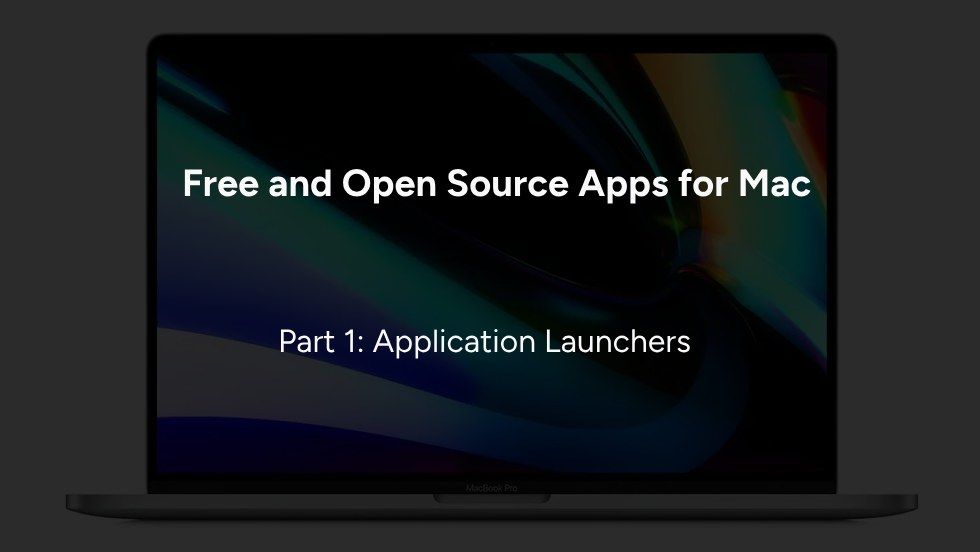
Welcome to the first post in this blog series about free and open-source apps for macOS. As a developer, I’ve always admired the open-source community. It’s more than just free software—it’s about collaboration, transparency, and innovation. Open-source tools are built and improved by developers from around the world who share their knowledge to create something valuable for everyone. This collective effort not only makes software better but also fosters learning and creativity. In this series, I’ll share some of the best free and open-source tools I use or recommend, focusing on how they can boost your productivity without costing a dime.
This first post of the series is about launchers on Mac.
Why You Need a Good Launcher on macOS
Macs are powerful machines, but productivity is all about getting things done faster. Digging through the Applications folder or searching with Spotlight can be slow and repetitive. Even tasks like finding the right bookmark in your browser can become tedious, especially if you have a lot saved. Launchers help by letting you search for apps, files, or even bookmarks with just a few keystrokes. These tools streamline your workflow, helping you open apps, run commands, and access information much faster. I’ve tried several over the years, and here are my favorites.
Top Free & Open Source Application Launchers
Quicksilver
Quicksilver is one of the oldest and most reliable application launchers for Mac. It's open-source and has a strong community. I remember using it when I first started using Mac and when I needed something faster than Spotlight. Quicksilver doesn't just open apps; it also helps you perform quick tasks like moving files, sending emails, and even controlling iTunes.
Key Features
- Custom Triggers: You can create personalized keyboard shortcuts for almost any task.
- Plugins: There are many plugins that expand its functionality.
- Catalog: It scans your system for apps, files, and contacts, so you can access them quickly.
While it has a steeper learning curve, once you get the hang of it, it can be a real time-saver. Plus, the fact that it's free and community-supported makes it worth a try.
Ueli
Ueli is a simple and lightweight launcher that's perfect if you want something minimal. It's open-source and works smoothly without hogging system resources. I like Ueli for its clean interface and speed—it’s straightforward and does what it’s supposed to do without any fuss.
Key Features
- Customizable Shortcuts: You can easily set up shortcuts for your most-used apps.
- System Commands: It can handle basic system tasks like shutting down or restarting your Mac.
- Plugin Support: Although fewer than Quicksilver, Ueli still supports useful plugins.
It’s especially great if you’re new to launchers because of its simplicity. I often recommend it to friends who want a basic, no-frills launcher.
Zazu
Zazu is another open-source launcher that's highly customizable. It’s built with web technologies, which makes it a favorite among developers. What sets Zazu apart is how you can tailor it to fit your needs. I tried Zazu when working on a project where I needed quick access to developer tools.
Key Features
- Extendable Plugins: You can add plugins for almost any task, from searching Google to checking your calendar.
- Custom Scripts: If you know a bit of coding, you can write your own scripts to make Zazu even more powerful.
- Cross-Platform: Although it’s great on macOS, you can also use Zazu on Windows or Linux.
Zazu is not as polished as some others on this list, but it’s worth trying if you love tinkering and customizing your tools.
Raycast
Raycast is not fully open-source, but it’s free and has some open-source components. It’s currently my favorite launcher because of its speed, clean design, and the wide range of extensions available. I use it daily, and it has become an essential part of my workflow.
Key Features
- Extensions: You can add extensions for almost anything. My favorites include bookmark search, Reddit search, clipboard history, killing processes, and reminders.
- Quick Commands: You can create quick commands for repetitive tasks.
- Integrations: Raycast integrates with many popular tools like Notion, Slack, and GitHub.
Raycast feels modern and fast, and I love how responsive it is. Although it’s not fully open-source, its free version is more than enough for most users.
How to Choose the Right Launcher for You
When picking a launcher, consider what you need most:
- Speed: If you want the fastest launcher, try Ueli or Raycast.
- Customization: Zazu is great if you like to build custom scripts, while Quicksilver offers many plugins.
- Community Support: Open-source tools like Quicksilver and Zazu have strong communities, which means lots of help and new features.
Conclusion
Application launchers can save you time and make your Mac experience smoother. Each tool has its strengths, so try a few and see which one fits your workflow. Personally, I use Raycast because of its clean interface and powerful extensions like bookmark search and clipboard history.
In the next post in this series, we'll explore free and open-source audio players and music tools for macOS!
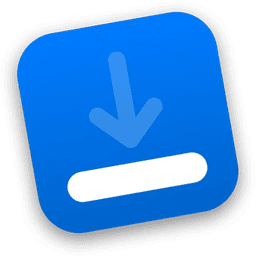
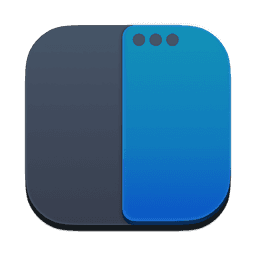
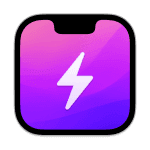
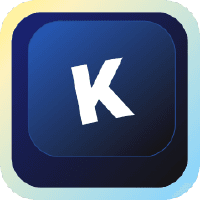
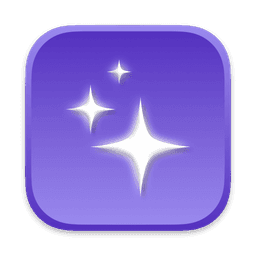

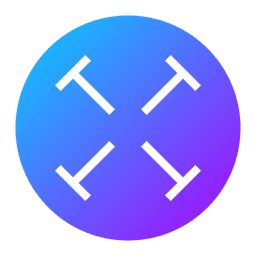

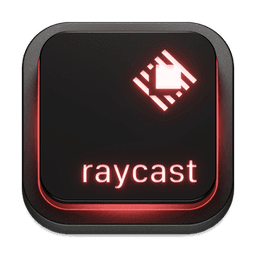


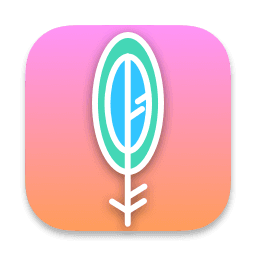

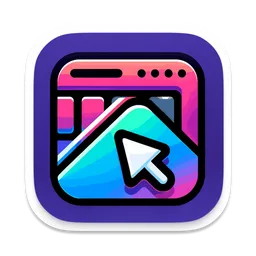

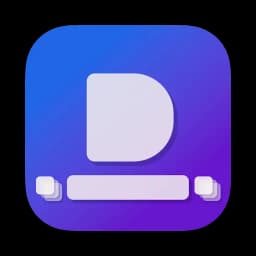

Leave a Comment